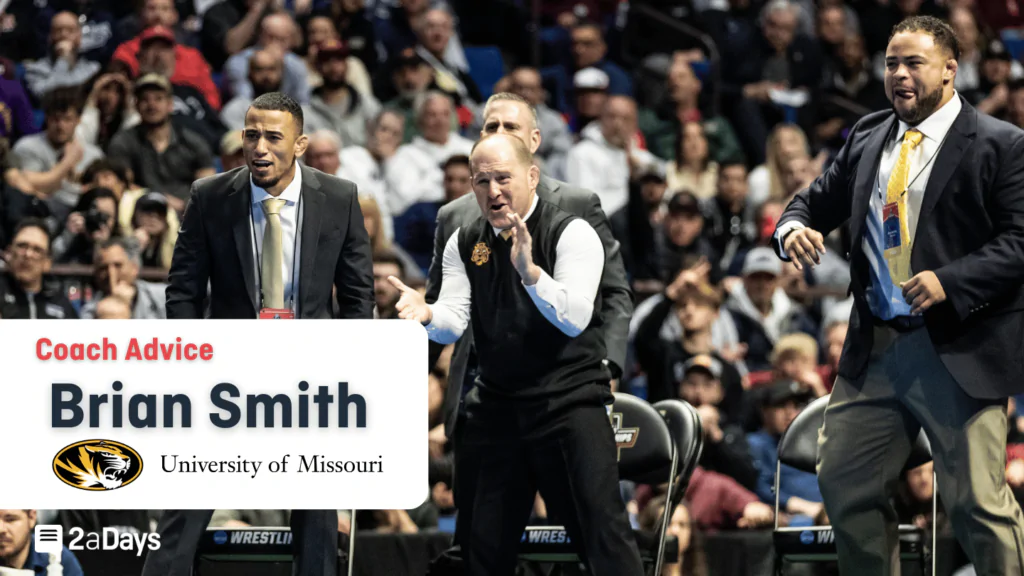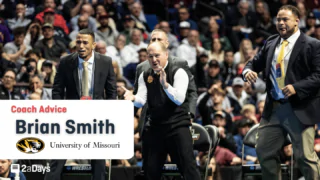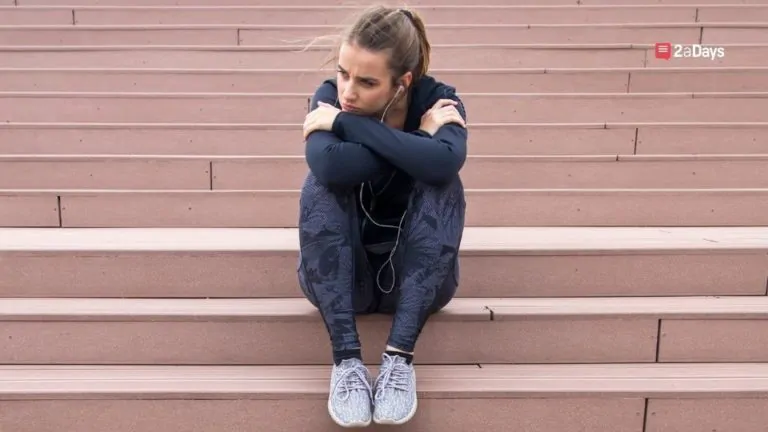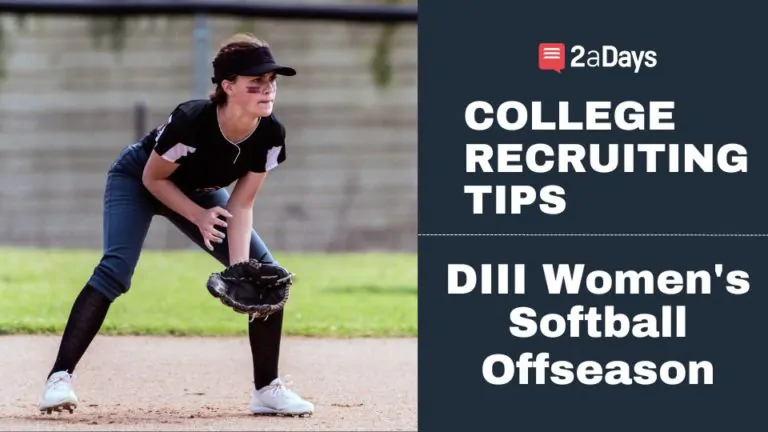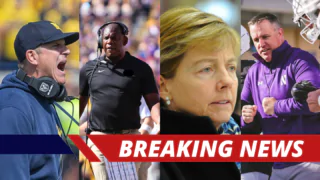When Brian Smith took over the wrestling program at the University of Missouri in May 1998, the team hadn't posted a winning record since the 1991-92 season.
That trend quickly changed under Coach Smith, a former three-time All-Big Ten wrestler at Michigan State. In his 25 years at the helm, the Tigers have finished with a dual record at or above .500 for 21 consecutive seasons. Smith has coached six wrestlers to nine national championships, and 29 All-Americans have reached the top eight under his guidance.
Related: Former University of Maryland Wrestling Coach, Kerry McCoy, Offers Advice to Athletes
The high expectations Smith has for his wrestlers go beyond their performance on the mat. Through his ‘Tiger Style' culture, 21 wrestlers have been recognized by the National Wrestling Coaches Association (NWCA), the Big 12 Conference and other associations for their academic achievements. His .746 career winning percentage is the highest in program history.
Smith, a native of Fort Lauderdale, Florida, spoke with 2aDays on the keys to his coaching success, and offered valuable advice for high school wrestlers who are looking to compete at the collegiate level. Some comments have been edited for brevity and clarity.
2aDays: When did you decide you wanted to become a coach?
Brian Smith: I always wanted to coach. At five years old, I was on the sidelines. My dad was a high school football coach. I just thought that's what I always wanted to do. I just kept learning through the years, even learning how to break down film. When I was on the playground in fifth or sixth grade, I was coaching kids up.
2aDays: What were some valuable lessons that have shaped your success?
Brian Smith: Learning from your athletes. Sometimes when you're young, you want to just do everything the way it was done. You need to listen to some of your leaders, learning that you can wrestle a different way. You don't always have to wrestle this way.
As the years progressed, I became more of a growth mindset, learning from my athletes, learning from my coaches. Having that kind of culture really helps out with the overall growth of what happens in and out of your practice room.
Related: University of Pennsylvania Wrestling Head Coach, Roger Reina, Talks About Getting on a Coach's Radar
2aDays: When you took over at Missouri in 1998, the program had gone without a winning record for over five years. What helped you turn things around?
Brian Smith: Part of it was developing a culture. The only team rule I have is you go to every class. (The program) was a 2.1 GPA at the time. I started telling kids they were going to be on time. When guys were missing class, they weren't practicing.
Next thing I know, our GPAs started to go up. They realized when they're there every day, it's easy. When you show up for practice every day, you get better. Once you start doing the little things, big things start to happen.
2aDays: You developed a ‘Tiger Style' training program. Can you tell us about that?
Brian Smith: It's not really a training program, it's a lifestyle. When we recruit a kid, we ask them, “Do you believe that you can be a national champion and graduate from the University of Missouri?” We're recruiting you, but here are some of the things you're going to have to do. You've got to commit, you've got to be at practice, commit to going to every class, every study hall.
We want guys who want to compete, which is the second level of Tiger Style. Once you have this belief, you're going to compete for getting A's and B's in the classroom, working hard in the practice room, challenging yourself.
The third level is giving more to everything you do. If you can do something for a teammate who had a rough day, you lift him up. A guy's not living right, you help him out. We want everybody associated with the program to give a little more to it.
Related: 10 Tips to Help You Avoid the Fitness Packet Panic
2aDays: Besides physical talent, what do you look for when recruiting for your squad?
Brian Smith: We have a list of 50, 60 kids my assistants will come up with, the certain weight classes we're looking for, and (whether) they can flat-out wrestle. The number one thing is academics. That means they're a serious person, that they've been going to classes, studying for tests, doing the work. It tells me something about their personality.
We'll call a teacher and a guidance counselor and (ask them to) tell us about this kid. When I hear that he's an overachiever and gets A's all the time, but he works hard, I love that type of kid. I know if they're going to do that in the classroom, they're going to do that in the wrestling room.
2aDays: What are some common mistakes you've seen athletes make when they're trying to get on a coach's radar?
Brian Smith: Some elite kids won't fill out a questionnaire. That takes five minutes a day. We need that information to bring them in on a visit. Also, not getting back to us. Some kids are just not good at responding to a text. I even ask at the beginning how you want to be contacted. I want to make it so it does fit you, but get back with me if I miss you. Guys who don't, they're basically sending a message that they're not interested.
We also check social media accounts, watching some of the things you're doing or saying. Especially with NIL, companies aren't going to want to invest money in a kid that's making racial slurs or saying things on their account about partying or negatives toward females or whatever. You've got to be smart.
2aDays: What are some things high school wrestlers can do to prepare for collegiate competition before they set foot on campus?
Brian Smith: There are regional training centers (you can attend). We're one; Missouri kids can come in our room and train with our guys. If that isn't available where you live, there's camps. Go to national tournaments. You don't have to go to a lot of them, but start exposing yourself to national tournaments to see where you are as a wrestler. If you're not placing, it doesn't mean you're not good enough; it just means you need to work on things you haven't been exposed to. It makes you better.
Have a story idea or know an awesome athlete/coach we should interview? Email us at [email protected].
Image Credit: University of Missouri Athletics
* Originally published on May 29, 2023, by Stephen Kerr
